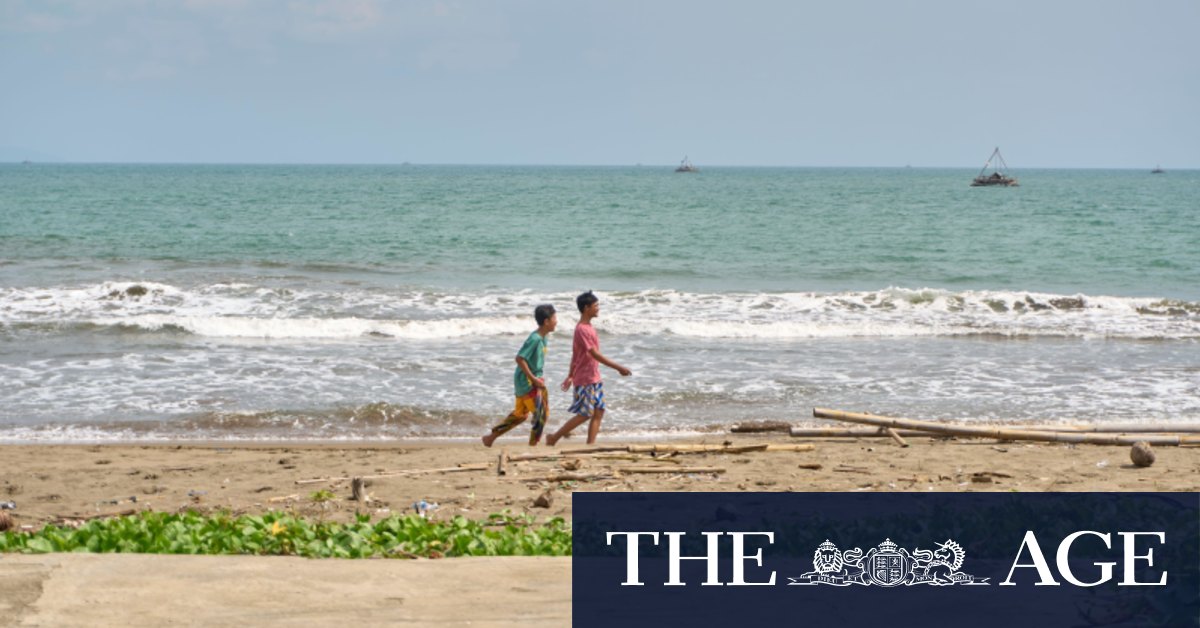Loading
Police believe the boat organiser, who is also Bangladeshi and lives with his Indonesian wife, is part of a wider smuggling syndicate, and regard those who paid for the trip as victims.
“We cannot trace him for the moment as these people cannot say where he lives in Surabaya,” said Jupri, who added that it was the first attempted boat departure for Australia detected this year by police in that region of West Java.
“We [will] keep investigating. We are happy to be able to stop them from going to Australia. We cannot imagine if they went on and something bad happened while on the waters. It wouldn’t be good.”
Asked this week whether Indonesia was stepping up patrolling the waters between the archipelago and Australia after last week’s boat arrival in Western Australia, Indonesia’s Director General of Immigration Silmy Karim responded: “We are tightening up the entrance into Indonesia, and the immigration co-operation between Indonesia and Australia is very good.”
The Bangladeshi men appear to have only spent a short time in Indonesia and travelled there specifically as a point from which to reach Australian territory.
Loading
But even had they made their way to Christmas Island, as police said they intended, they would have been turned around and returned to Indonesia under Australia’s border protection policy.
There are more than 14,000 registered refugees in Indonesia, many of whom have been stranded for more than a decade. Many previously tried to make it to Australia by boat before the then-Abbott government toughened maritime security with the launch of Operation Sovereign Borders in 2013.
Refugee Action Coalition spokesman Ian Rintoul said it was well understood by refugees in Indonesia – about half of whom are ethnic Hazara from Afghanistan – that it was almost impossible to make it to Australia by boat now.
But desperate conditions on the ground, including rising poverty among refugees and low prospects of resettlement, are putting extreme pressure on communities there.
“It’s not going to surprise me if we see more people trying to come,” he said. “People have run out of options.”
Rintoul, whose organisation conducted research on refugees in Indonesia last year, said there was also a high level of resentment towards Australia from people who didn’t get on a boat at the urging of Australian authorities 10 or more years ago, but were never processed for re-settlement after being told they would be.
Australia does not take in any refugees who arrived in Indonesia after July 1, 2014.
Get a note directly from our foreign correspondents on what’s making headlines around the world. Sign up for our weekly What in the World newsletter.
